Only one of the seeds of African Giant Calabash actually grew big enough so I could plant it in the garden. Now with a few of the fruit grown pleasantly big, it looks like I can go all industrial next year, producing truckloads of shekeres 😉
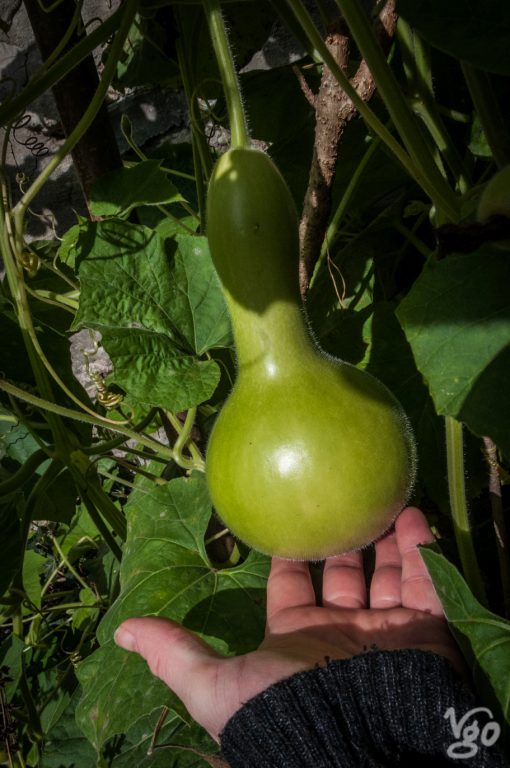
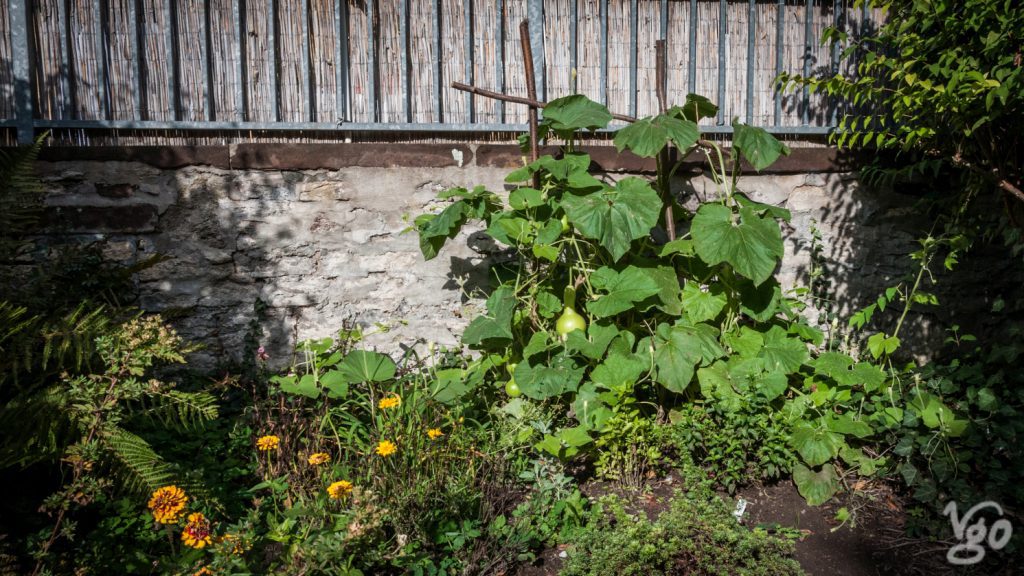
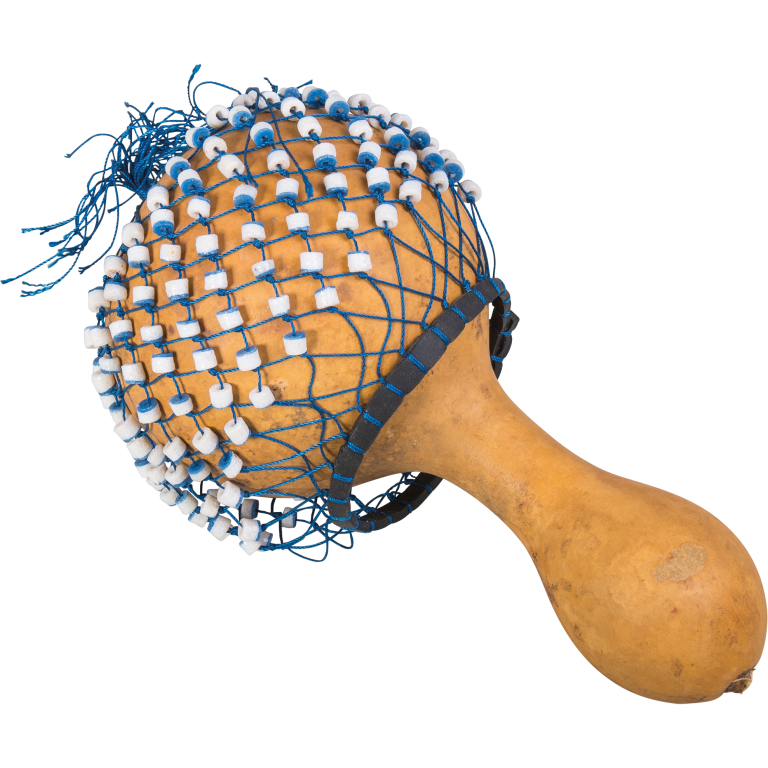
shekere

Only one of the seeds of African Giant Calabash actually grew big enough so I could plant it in the garden. Now with a few of the fruit grown pleasantly big, it looks like I can go all industrial next year, producing truckloads of shekeres 😉



30 years ago today, the “Wende”, the peaceful revolution in East Germany, truly started. After the brutal crack down of police on protesters and bystanders alike in Magdeburg two days earlier, everyone knew that something would happen. October 9 was a Monday, and hence I was at school (EOS Humbodt) in the morning hours. Directors and staff leaders in pretty much every institution and company approached their staff or students or even children at kindergarten, threatening that if they went out into the streets tonight their (or their parents’!) safety could not be guaranteed.
Continue reading… 30 Years Revolution, part II
30 years ago today, the German Democratic Republic was meant to celebrate her 40th anniversary. There was little to celebrate, though. Thousands had fled the country in previous months, and illegal demonstrations happened in every major town, notably on Mondays. This though was a Saturday afternoon, and Sandow were playing in Magdeburg, by the banks of the river Elbe. Heavy rains delayed the soundcheck, and in the meantime lots of police trucks had pulled up and the police surrounded. Men that were much too old for punk music in groups of two or three infiltrated the crowd.
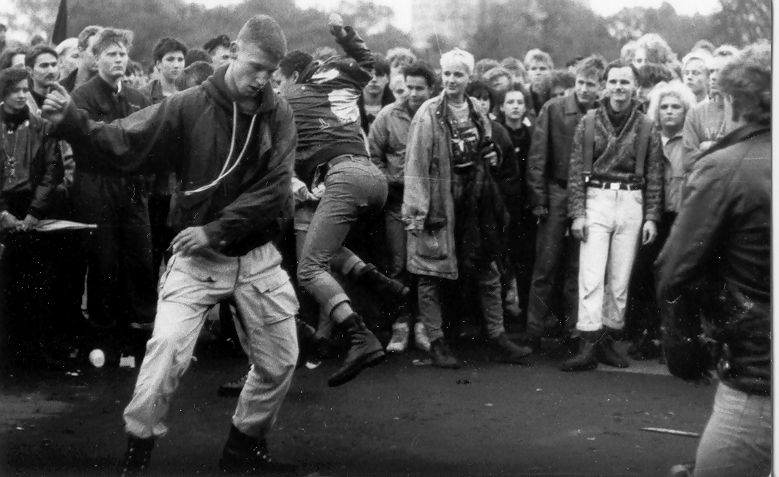
Besides big events like the Würzburg Africafestival, the biggest Africa festival in Europe, lots of smaller events devoted to African themes happen across Germany. Just in case you were asking yourself: yes, mostly in the summer months, for fairly obvious reasons. Mind you, this summer of 2019 has been so hot occasionally, we may have to reconsider the timing, or else our African guests will be climatically intimidated! Anyway, two events put Africa on the local map in Göttingen these past few days: the Afrikanisches Sommerfest at Uslar, and the Hit the Beat concert at the local Freie Waldorfschule.

August 1989, and we were the “last legion” to be trained in one of East Germany’s paramilitary camps – one of the things that had become part and parcel of growing up in East Germany. Now we were there for a last time, though we didn’t know that yet.
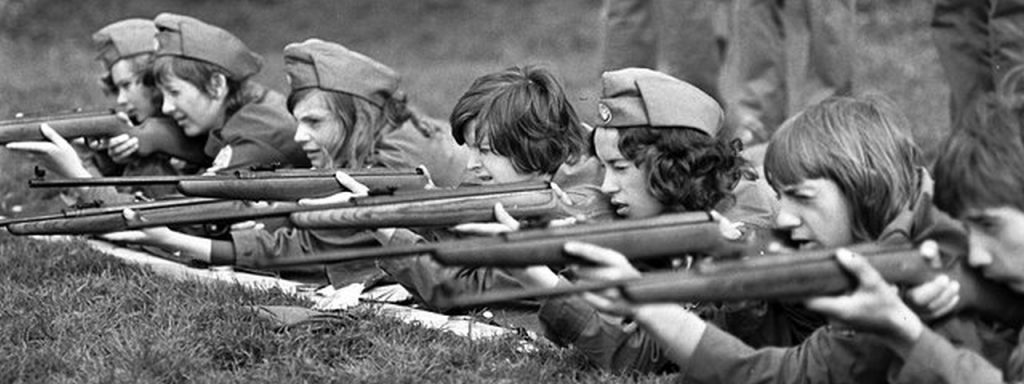
I was 17 in the summer of 1989, my last school holidays in-between grade eleven and twelve. Amidst irritating news about an increasing number of fellow East Germans who tried to flee across a newly opened Hungarian-Austrian border to western countries, a friend and I travelled the Isle of Rügen before we had to serve in a GST-Lager, a paramilitary camp, for a last time.
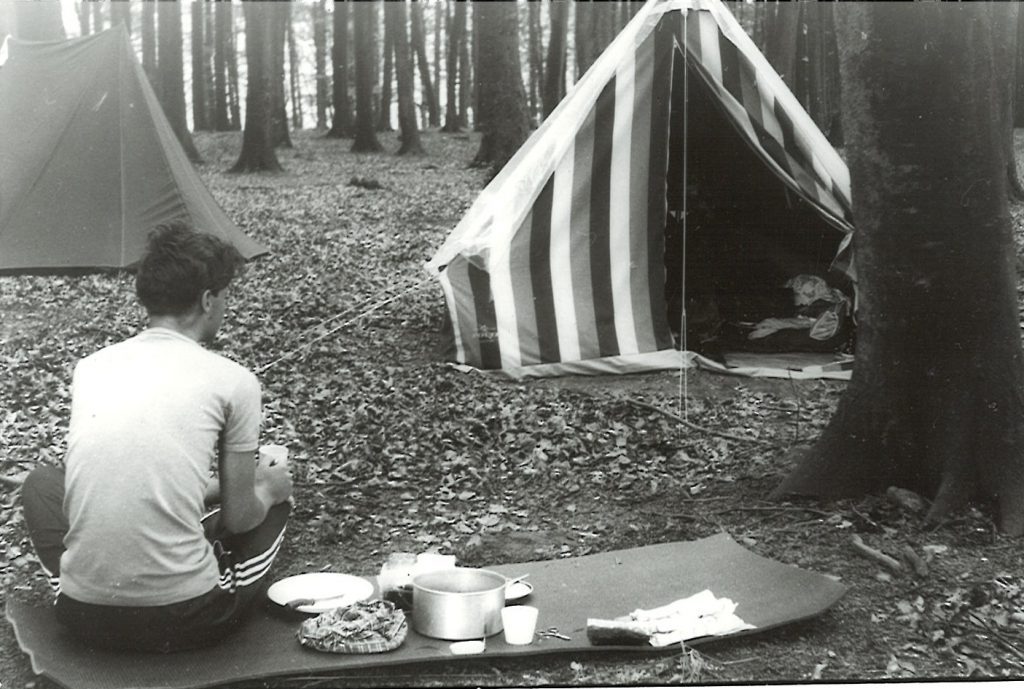
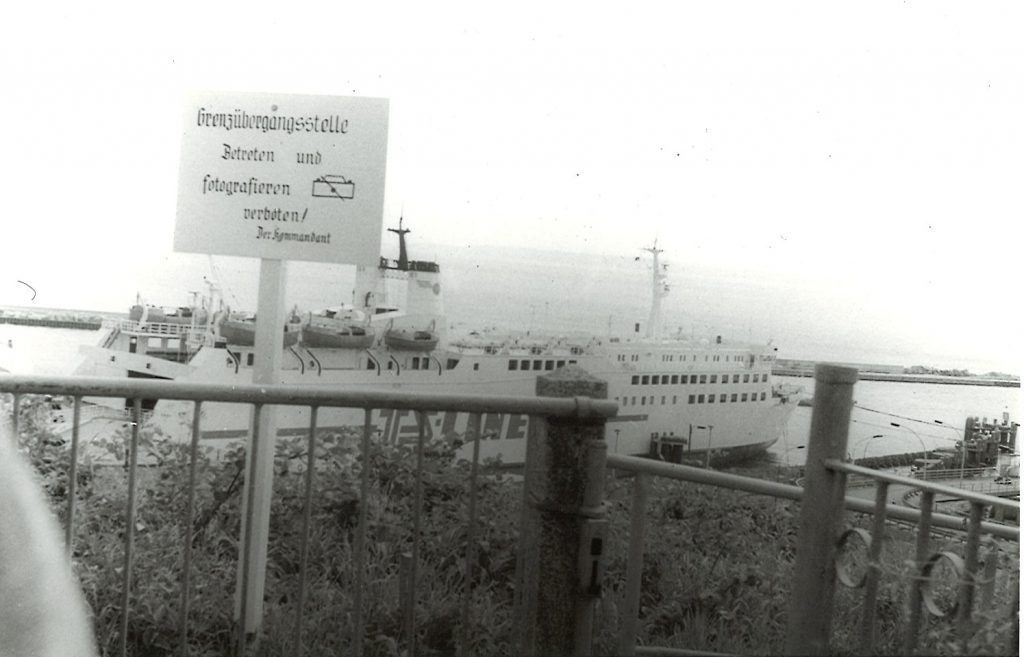
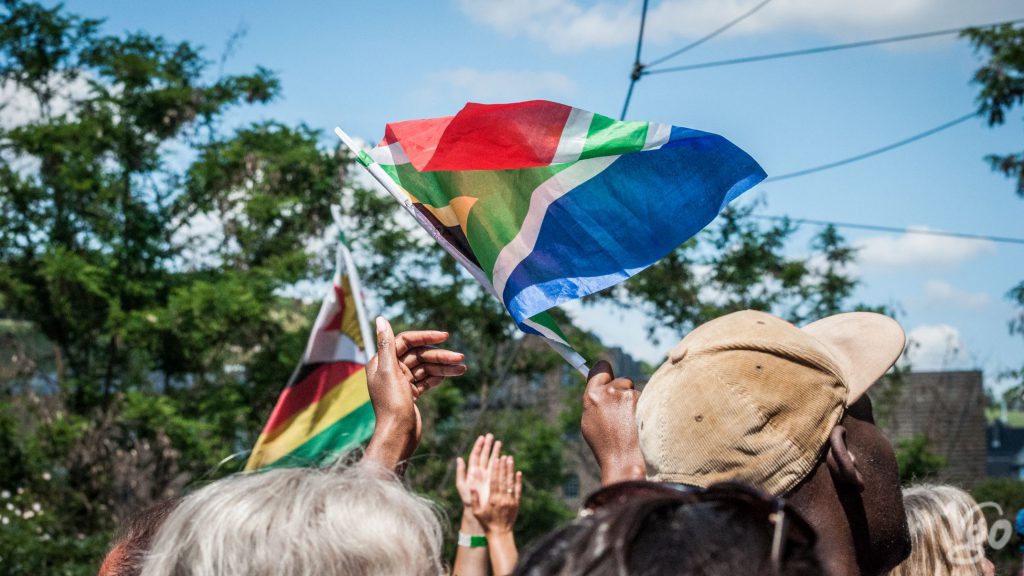
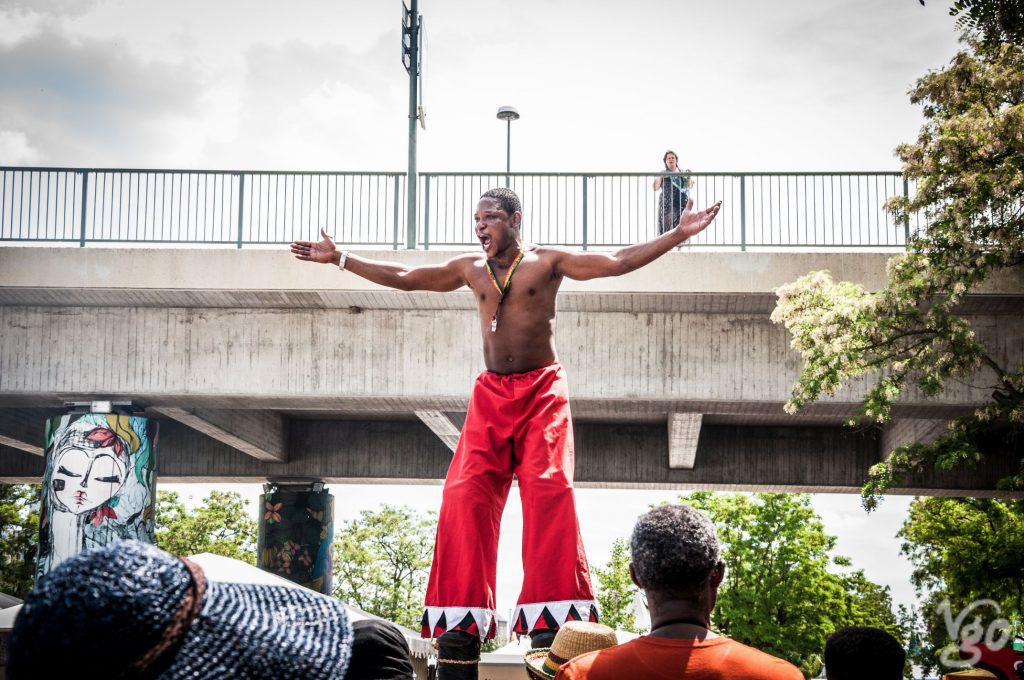
End of May – time for the biggest celebration of Africa in Europe! For 31 years Würzburg has hosted the Africa Festival, a four-day festival of food, African clothes, fabrics, instruments and curios – and, of course, music. A smaller open-air stage for afternoon performances, and a big tent for the two evening concerts now attract some 80,000 visitors, many of whom stay on the nearby campsite which features the sound of various drum groups almost non-stop.
Continue reading
Until 90 years ago, powder made from mummies, i.e. human corpses, was considered a useful drug in Europe, and available in pharmacies until 1924. I need to remind myself of this when reading about body-part juju in Africa. The practice arose from a misinterpretation of the Arabic word for bitumen, mumiya.
Here’s what Wikipedia has to say:
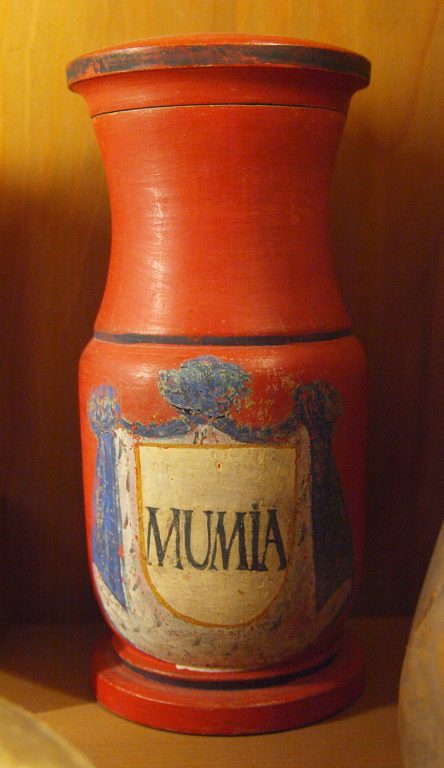
The third step in misinterpreting mummia was to substitute the blackened flesh of an entire mummy for the hardened bituminous materials from the interior cavities of the cadavers.[16] The ancient tombs of Egypt and the deserts could not meet the European demand for the drug mumia, so a commerce developed in the manufacture and sale of fraudulent mummies, sometimes called mumia falsa.[17] The Italian surgeon Giovanni da Vigo (1450-1525) defined mumia as “The flesh of a dead body that is embalmed, and it is hot and dry in the second [grade], and therefore it has virtue to incarne [i.e., heal over] wounds and to staunch blood”, and included it in his list of essential drugs.
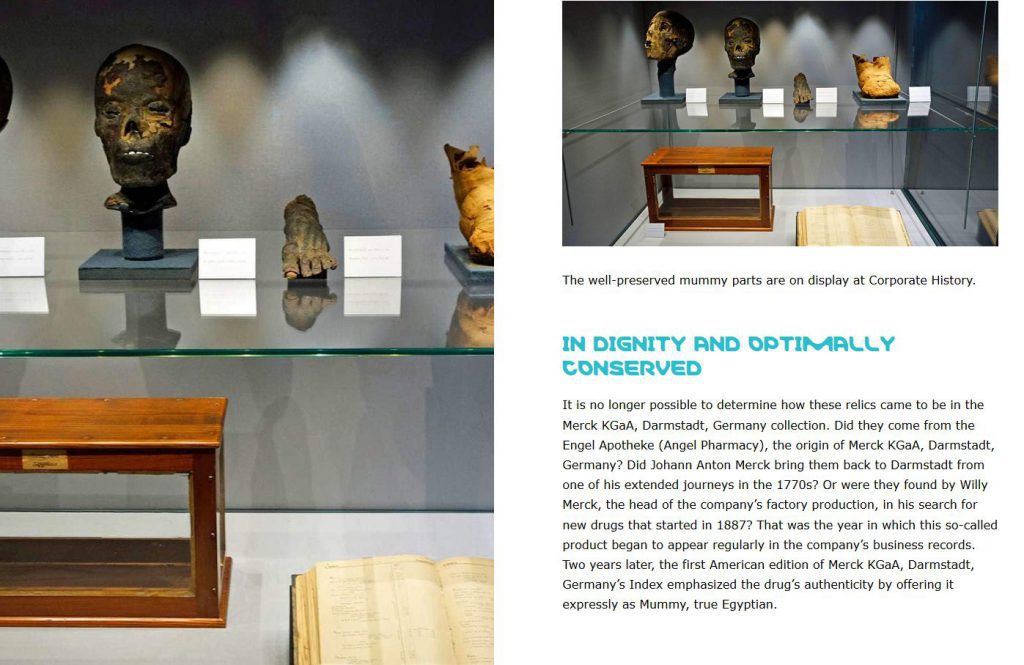
See also this article (in English) published by German pharma company Merck.
An interesting article on bog bodies (in German).
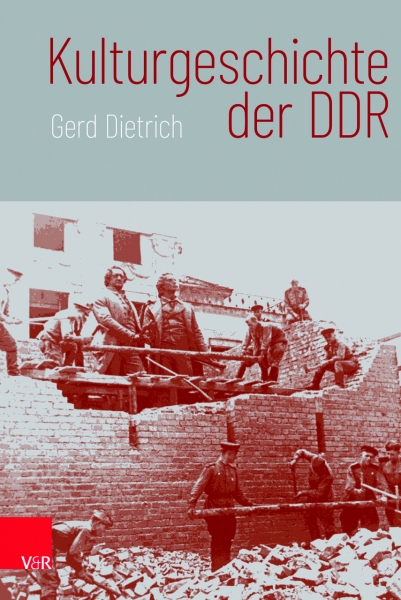
30 years since the Fall of the Berlin Wall: Three weeks ago I was looking for a present for dad, and as a late thought I considered Gert Dietrich’s Cultural History of East Germany (Kulturgeschichte der DDR) a good idea, albeit an expensive one, perhaps a joint present for us all. So I went to Göttingen’s best academic bookshop, which happens to be located down the road from the publishing house where the book was made. I couldn’t find it on their shelves and asked for it. Their response: it’s “too exotic” for them to have it on stock. East German matters are “too exotic” some 60km from the old border, I get it. You wonder why I feel at home in Africa, kkkkkkkk! Have a happy anniversary next year, you re-united Germany!